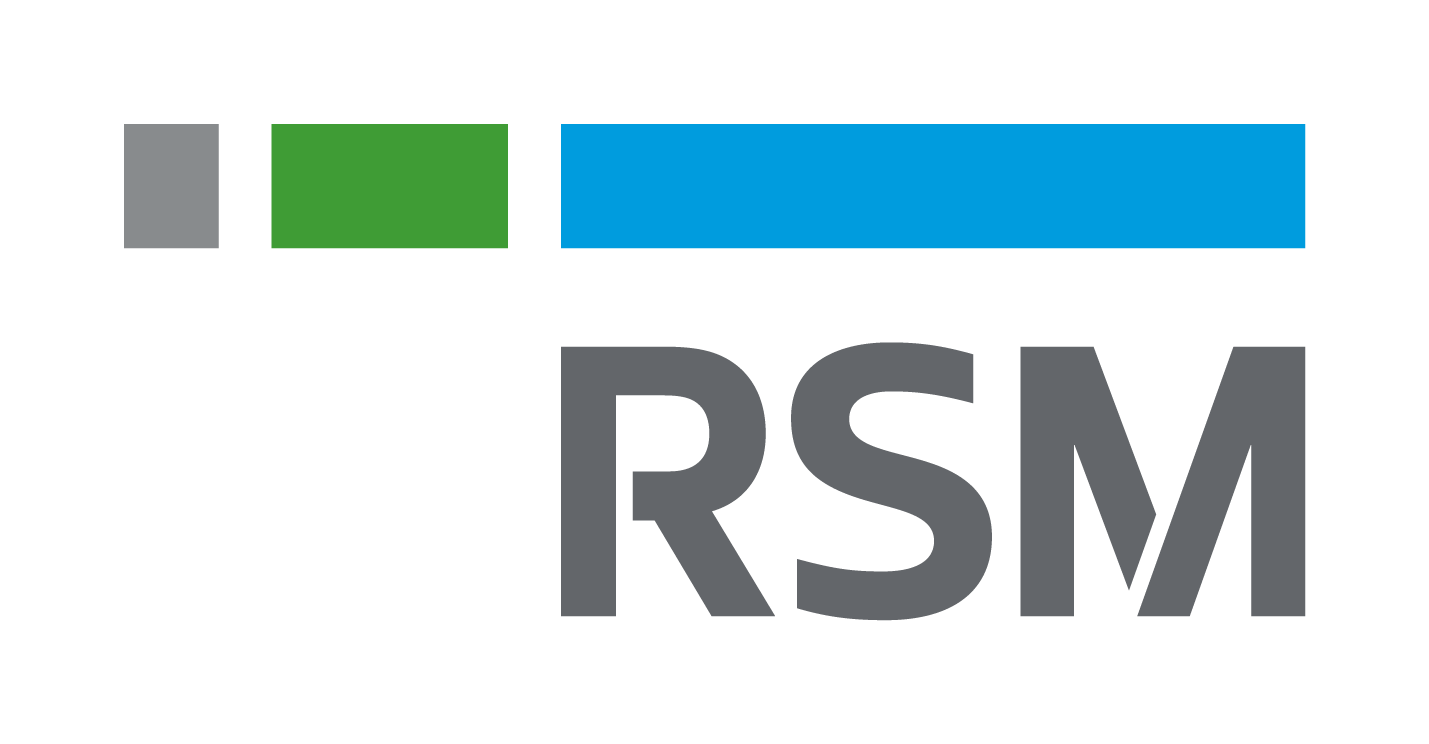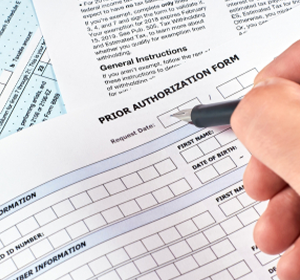What is considered illegal employment and what are the consequences if a company were to condone such activities in Japan? Avoid illegal employment with the help of this guide
August 16, 2021
Foreigners working in Japan are required to follow the rules set forth by the Immigration Control and Refugee Recognition Act (Immigration Act). Working activities that violate these rules are tantamount to illegal employment.
Illegal employment is prohibited by law. Not only will the foreigner receive harsh penalty, but the employer that has allowed the foreigner to work illegally will be subject to severe penalty such as imprisonment for up to 3 years or a fine of up to 3 million yen.
Therefore, employers and human resource managers need to be aware of what constitutes as illegal employment and take precautions before employing a foreign national. In this article, we will explain in depth on what is dictated as illegal employment and understand what encouraging illegal employment would look like.
We provide total support for employment and visa matters for foreign nationals. If you have any questions about employment or visas for foreigners, please feel free to contact us.
What constitutes as illegal employment?
The following three cases are regarded as illegal employment.
(a) Illegal Residents Working in Japan
If a foreigner stays in Japan without a status of residence or after the period of stay has expired, he or she will be considered as staying in Japan illegally. This person has likely entered Japan illegally or has overstayed in Japan and does not have a valid working status. Therefore, he or she will be considered as illegally working.
(b) Working in Japan without Permission from the Immigration Bureau
There are two types of status of residence: one that allows employment and one that prohibits such activities.
Specifically, there are cases where a person who has entered Japan for the purpose of sightseeing, etc. (i.e., on a “Temporary Visitor” visa), and cases where a foreign student (i.e., on a “Student” visa) works without permission.
(*) International students can work up to 28 hours per week by obtaining permission to engage in activities other than those permitted under the status of residence previously granted.
(c) Working Beyond the Scope Permitted by the Immigration Bureau
There is a status of residence that allows you to work only within a certain range of activities, but there are also cases in which you can work beyond a specified range.
For example, a person who has been approved to work as a language school teacher may work as a factory worker. This case also applies to foreign students who have obtained the permission described in (b) (*) and work an excess number of permitted hours.
Measures to Avoid Hiring Illegally
To ensure that employers are not charged with unlawful encouragement of illegal employment, there are several points to keep in mind when hiring a foreigner.
(a) Always check the actual residence card.
When employers hire foreign nationals, they will use the residence card to verify their identity. Undocumented foreign nationals will use a forged residence card as an identification card to pretend to be a regular resident. Therefore, be sure to always check the actual card, not a copy of the card.
(b) Countermeasures Against Counterfeit Residence Cards
As a countermeasure against counterfeit residence cards, the Immigration Bureau provides a free residence card reading application for PCs and smartphones. By using this application, you can easily check whether or not the card has been forged. You can also check if your card number has expired on the Immigration Bureau’s website called “Residence Card Number Expiration Information Inquiry. However, since there are counterfeit residence cards that misuse real numbers, it is advisable to use the above application.
If you are unable to utilize the application, you can utilize the counterfeit alteration prevention measures on the card itself by tilting or watermarking the resident card.
For more information on counterfeit resident card measures, please refer to the following materials and videos provided by the Immigration Bureau.
How to read “Residence Card” and “Special Permanent Resident Certificate
“A Campaign in Preventing Illegal Employment for Employers!”
(c) Points when Checking the Residence Card
When checking the residence card, please be sure to check the following two points.
① “Work restrictions” column is indicated on the front section of the residence card
(a) Representative Case: Work Restricted
Areas to confirm: Cannot work in principle. Refer to ②.
(b) Representative Case: Only work activities based on the status of residence is permitted.
Areas to confirm: Look to see if the area of work is permitted in the status of residence
(c) Representative Case: Only work activities specified in the designation form are permitted.
Areas to confirm: Look to see if the area of work matches that written on the destination stamp. The designation stamp will be attached to the passport.
② “Permission to Engage in Activity(ies) other than that Permitted under the Status of Residence Previously Granted” column on the back of the residence card
Even if your residence status does not permit you to work in ①, you can work if the following information is entered in this column.
(a) Representative Case: Permission to Work (in principle, within 28 hours per week, excluding activities that engage in adult entertainment businesses, etc.)
Areas to confirm: If the applicant has multiple part-time jobs, check to see if the total hours are within 28 hours per week.
(b) Representative Case: Permission to Work (activities within the scope described in the permission for activities other than those permitted under the status of residence previously granted)
Areas to confirm: Confirm the contents of the permission for activities other than those permitted under the status of residence previously granted.
Conclusion
Even if an employer unknowingly hires an illegal worker that is either undocumented or does not have a permit to work, failure to check the residence card and not thoroughly checking for issues can cause the employer to receive severe penalty for condoning illegal employment.
In addition, if the employment of illegal workers is discovered, the company will lose credibility with consumers and business partners, and its corporate image will take a large hit. When hiring foreign nationals, please carefully check their residence cards and other documents to determine if they can be hired.
If you have any questions or concerns regarding the employment of foreign nationals, please feel free to contact us. Our company provides total support for foreign and domestic labor employment.







